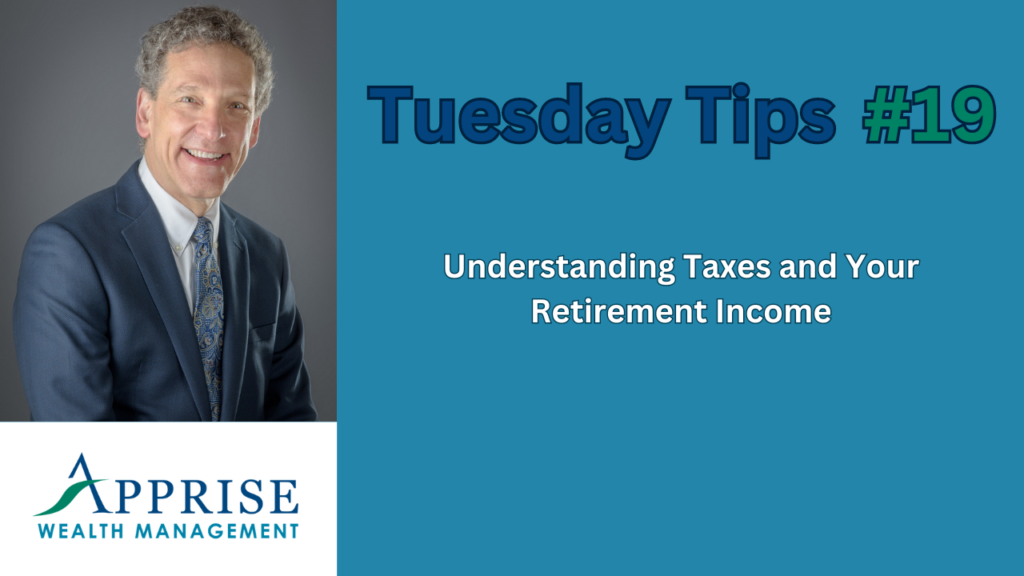- Social Security benefits
- Pension payments
- Withdrawals from retirement accounts like IRAs and 401(k)s
- Investment income
- Part-time employment
Each income source can be taxed differently, so understanding the nuances is key.
Social Security Benefits:
Social Security benefits can be taxable depending on your total income. If you’re a single filer and your combined income exceeds $25,000, at least 50% of your benefits may be taxable. If your income surpasses $34,000, 85% of your benefits might be taxed.
Retirement Account Withdrawals:
Withdrawals from traditional IRAs and 401(k)s are generally taxed as ordinary income. However, Roth IRAs and Roth 401(k)s offer tax-free withdrawals if certain conditions are met. This can be a strategic advantage in managing your tax liability during retirement. Many don’t consider Health Savings Accounts (HSAs) as retirement accounts, but we do. HSAs provide a triple-tax benefit. They are more tax-advantaged than traditional retirement accounts. To learn more about HSAs, please check our blog – A Comprehensive Review of Health Savings Accounts (HSAs).
Pension Payments:
Pension payments are typically taxed as ordinary income, just like your salary was during your working years or your IRA or 401(k) withdrawals will be. However, some states offer tax exemptions for pension income, so it’s worth checking your state’s specific rules.
Investment Income:
Interest, dividends, and capital gains from investments are also part of your retirement income and are subject to different tax rates. Long-term capital gains and qualified dividends usually enjoy lower tax rates, which can be beneficial in your retirement years. Taxable interest and non-qualified dividends are normally taxed at the same rate as ordinary income. Municipal interest is exempt from federal tax. It can also be tax-free at the state level.
Part-Time Employment:
Many retirees choose to work part-time for extra income. Remember that this income will be taxed as ordinary income. Balancing part-time work with your other income sources can help manage your overall tax burden. You also want to understand how part-time employment impacts your ability to live your life plan.
Slide 7
Strategies to Minimize Taxes
Now, let’s discuss some strategies to minimize taxes on your retirement income:
- Diversify Your Income Sources: Having a mix of taxable, tax-deferred, and tax-free accounts can provide flexibility in managing your tax liability.
- Strategic Withdrawals: Plan your withdrawals from retirement accounts in a way that keeps you in a lower tax bracket. For instance, consider withdrawing from taxable accounts first, then tax-deferred accounts, and finally tax-free accounts.
- Tax-Loss Harvesting: If you have investments in taxable accounts, you can offset gains with losses to reduce your taxable income.
- Roth Conversions: Converting traditional IRA or 401(k) funds to a Roth IRA can provide tax-free income in the future, though this strategy requires careful planning to avoid a large tax bill. (Please see here or here for more information on the benefits of Roth conversions.)
- Asset Location: Asset location involves which type of account should hold which asset type. For example, assets with high-growth potential are best suited for your Roth IRA as you won’t pay any taxes on the gains. You don’t want such assets in an IRA as you would pay ordinary income taxes on the gains as you withdraw the cash. For more on asset location, please check our blog: Asset Location: It Can Improve the Tax Efficiency of Your Investments.
Closing Thoughts on Understanding Taxes and Your Retirement Income
Understanding taxes and your retirement income is essential for effective financial planning. By taking a proactive approach and considering various strategies, you can maximize your retirement income and enjoy the fruits of your labor without undue stress.
Thank you for joining me today. I hope this week’s Tuesday Tip increased your understanding of taxes and your retirement income. If you have any questions or need personalized advice, please feel free to contact me. Don’t forget to like, subscribe, and share this video with anyone who might find it helpful. Until next time, take care and plan wisely!
Our practice continues to benefit from referrals from our clients and friends. Thank you for your trust and confidence.
Follow us:
Please note. We post information about articles we think can help you make better money-related decisions on Facebook and LinkedIn.
For firm disclosures, see here: https://apprisewealth.com/disclosures/





